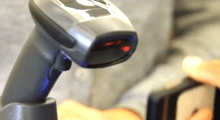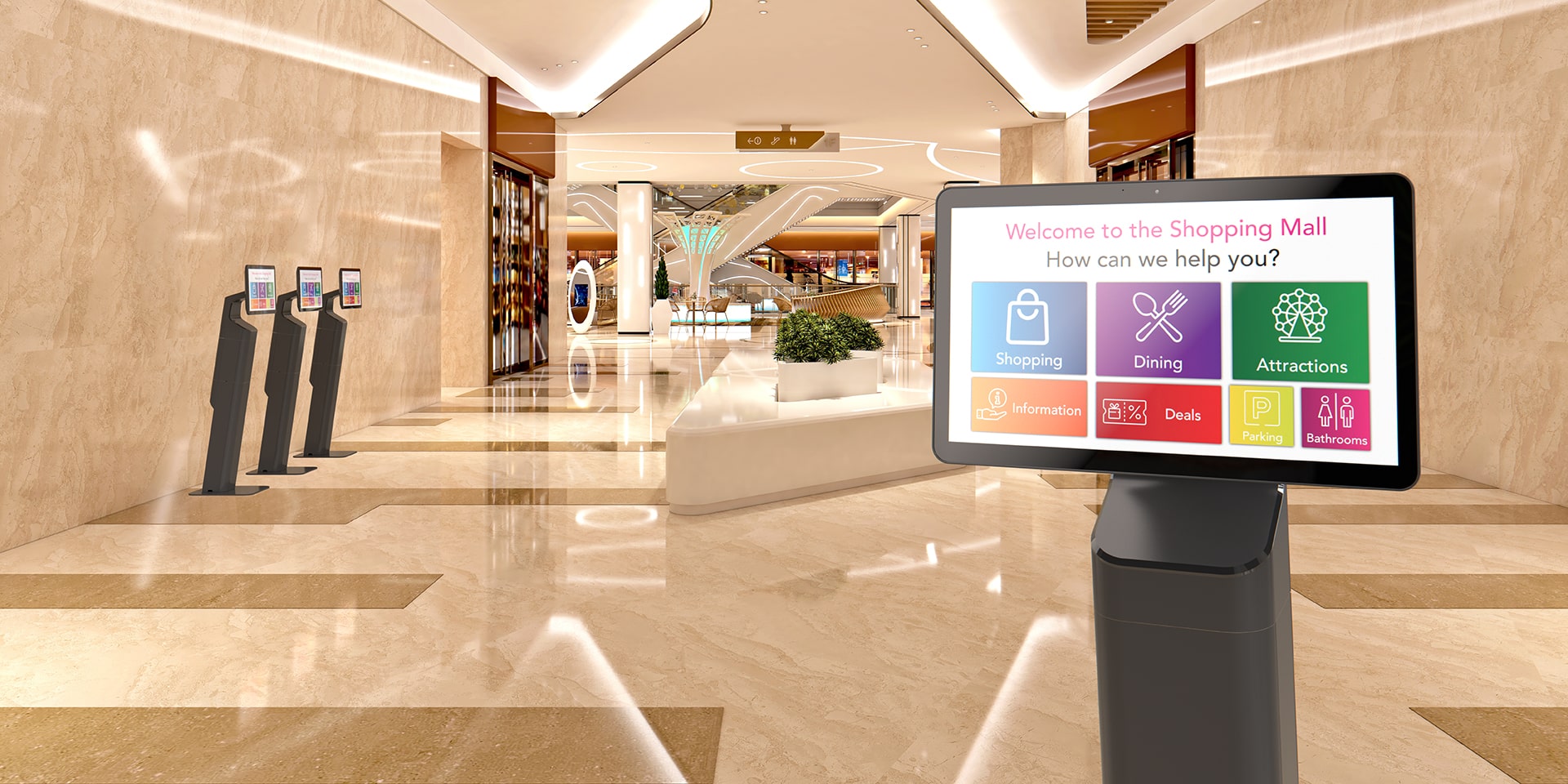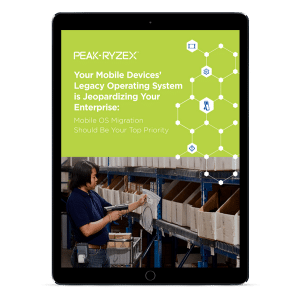Although it once dominated the enterprise mobility and rugged mobile device market, Microsoft has ceded new development in that space to other platforms and has phased out support of Windows CE and Windows Mobile operating systems. Windows CE 6.0 end of life occurred in 2018, and Windows Mobile 6.5 end of life occurred on January 14, 2020.
This means an end to security patches and updates. Users with fleets of Windows embedded CE 6.0 handheld devices and other equipment with outdated Windows embedded operating systems will have to migrate to a new OS or risk devastating security threats, among various other operating issues.
Android has emerged as the most viable option, with major rugged mobile device manufacturers introducing Android-based versions of their handheld and tablet systems.
If your company still has not made the migration, you are operating with low-tech, inefficient devices. Your team is missing out on the latest, and potentially critical, functionality and your OS might not have the compatibility you need for other software. But even more importantly, you are exposing your entire enterprise to serious security complications. Below are just four of the most common security risks you will face using obsolete operating systems.

Why You Should Migrate From Outdated Microsoft Windows CE OS
1. Vulnerability
Continuing operations on an obsolete operating system, such as Windows CE, will leave devices vulnerable to inefficiency and security issues. Equipped with outdated software, mobile computers and other rugged devices will fall short of performance expectations. Simple, daily tasks will become more and more difficult and will negatively impact the overall productivity of supply chain operations.
In addition to low-performance quality, devices running on legacy Windows operating systems are vulnerable to new threats. While these devices will be protected against present threats due to previous security patches, they won’t stay protected forever. And if your devices aren’t protected against novel threats, your organization could end up feeling some serious financial pains.
According to research from the Ponemon Institute, the average cost of a corporate data breach is $3.86 million, a devastating financial blow to any organization. Because Microsoft will no longer be issuing security patches for their obsolete software, devices will be at risk for new threats as they develop. With Android OS, this is a non-issue as security patches and software updates are regular occurrences on the new devices and worries of the financial consequences of a security breach can be alleviated.
2. Defenseless Against Hackers
One of the many new threats devices running on outdated operating systems will have to deal with is hackers. As Windows-based operating systems’ end of life is common industry knowledge, devices equipped with these legacy systems will be prime targets for hackers everywhere.
Hackers will easily find ways to penetrate system security through outdated devices because they are vulnerable to viruses, malware, and ransomware. In fact, according to research from Proofpoint — a cybersecurity research firm — more than half of all public and private U.S. organizations were targeted by hackers in 2019.
Since legacy devices will not have any recent security patches, they won’t have a fighting chance against viruses and malware introduced by hackers. Any device running on Windows CE will risk potential systematic damage to both the device and its network. Migrating to a current and up-to-date operating system can help put hacker fears to rest.
3. Exposure of Partners' Data
Running on outdated operating systems may also expose your partners to security risks. While hacking and security breaches can take many forms, one risk is the exposure of sensitive information, including financial data. One of the largest security breaches in history happened to JPMorgan Chase back in 2014. This security event exposed valuable and sensitive information of 76 million households and 7 million small businesses. Fortunately, this large breach could have been much worse as no financial data was exposed.
If your mobile devices stores your partners’ valuable, sensitive information, these new threats can not only cause harm to your organization, they can expose your partners’ information and negatively impact them. Migrating to a more modern operating system, such as Android, would be in the best interest of you and the people you do business with as it can help mitigate breaches of sensitive information of both parties.
4. Loss of Business
Corporations expect their partners to follow security best practices; this includes using devices with operating systems that have frequent security updates. If a security breach did occur and sensitive information about your partners was released, they will not be keen to continue doing business with you.
In fact, many companies may check to ensure that you aren’t running on an outdated operating system, and if you are, they may pass on creating a partnership. Failure to protect your devices through a migration to Android OS could result in lost business partners and suffering consequences of a data breach.
Peak Technologies Can Help Create an OS Upgrade Strategy
Migrating from a Windows-based operating system is not without its challenges, but the benefits of updating are significant. Our experts can evaluate your Microsoft Windows system’s support lifecycle and help you choose the migration strategy that allows you to transition to an updated operating system. This will ensure that your devices, company, and partners are secure. Contact us now to learn more.






































